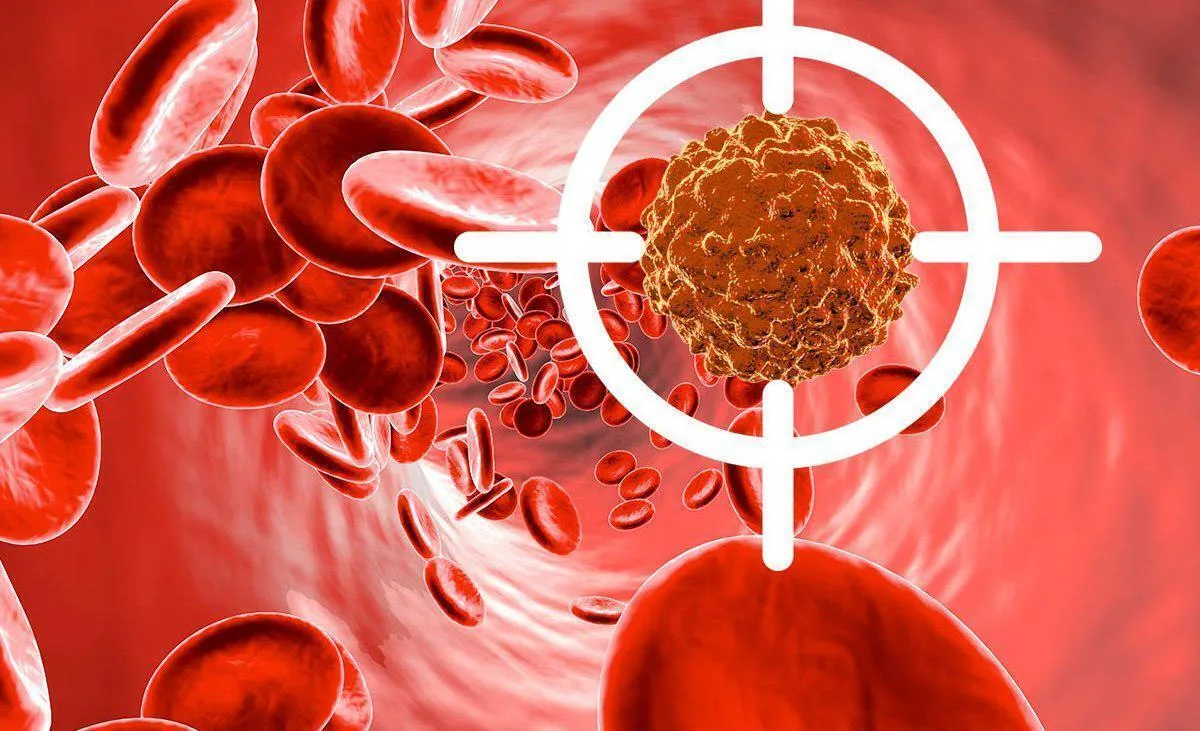More Effective Cancer Treatment Method by New Drug Delivery Nanosystem Developed in Iran

“Direct prescription of anticancer drugs can cause many side effects due to accumulation in non-target organs, tissues or cells. Also, anticancer drug molecules have limitations like low stability, low targeting efficiency, low permeability, and uncontrolled drug release,” said Hassan Namazi, a PhD student in organic polymer chemistry at Dalhousie University in Canada and a professor at the University of Tabriz.
Noting that in recent years, new drug carrier systems, specially carriers based on porous nanoparticles with high loading capacity and controlled drug release, have largely resolved problems and restrictions, he said, “Covalent organic frameworks are the most remarkable emerging porous organic materials due to their unique properties.”
“In this research project, covalent organic frameworks with immune bonds obtained as a result of the reaction of different aldehydes and amines were used on a substrate of nanoparticles or polysaccharides which can be used for targeted delivery of drugs to cancer cells,” Namazi said.
In a relevant development in November, Iranian researchers at Islamic Azad University had also succeeded in synthesizing and producing a smart polymer-based nanocarrier capable of destroying cancer cells in the culture medium.
Hossein Peyman, a member of the academic faculty of Islamic Azad University’s Ilam branch, who has a Ph.D. in analytical chemistry, explained about the polymeric anti-cancer capsules.
“In this project, the goal of the research group was to make a polymeric capsule that can carry special drugs, specially anti-cancer medicine, and release them merely in the cancerous tissue,” he told ANA.
“By using this method, the anti-cancer drugs will not have a harmful and destructive effect on other tissues of the body, and their effect on the cancerous tissue will be doubled,” Peyman said.
“Of course, the research group used a super magnetic nanoparticle in the structure of the polymer carrier in a bid to increase the therapeutic effect and track the drug carrier, and in addition to the drug that is loaded inside the smart polymer capsule, it used the heat generation feature of the super magnetic nano particle in the magnetic field to make the continuous imaging of the drug possible,” he added.
Peyman explained that the research led to the synthesis and production of a smart polymeric nanocarrier which could destroy cancer cells in the studied culture medium during cell experiments.
4155/v





















